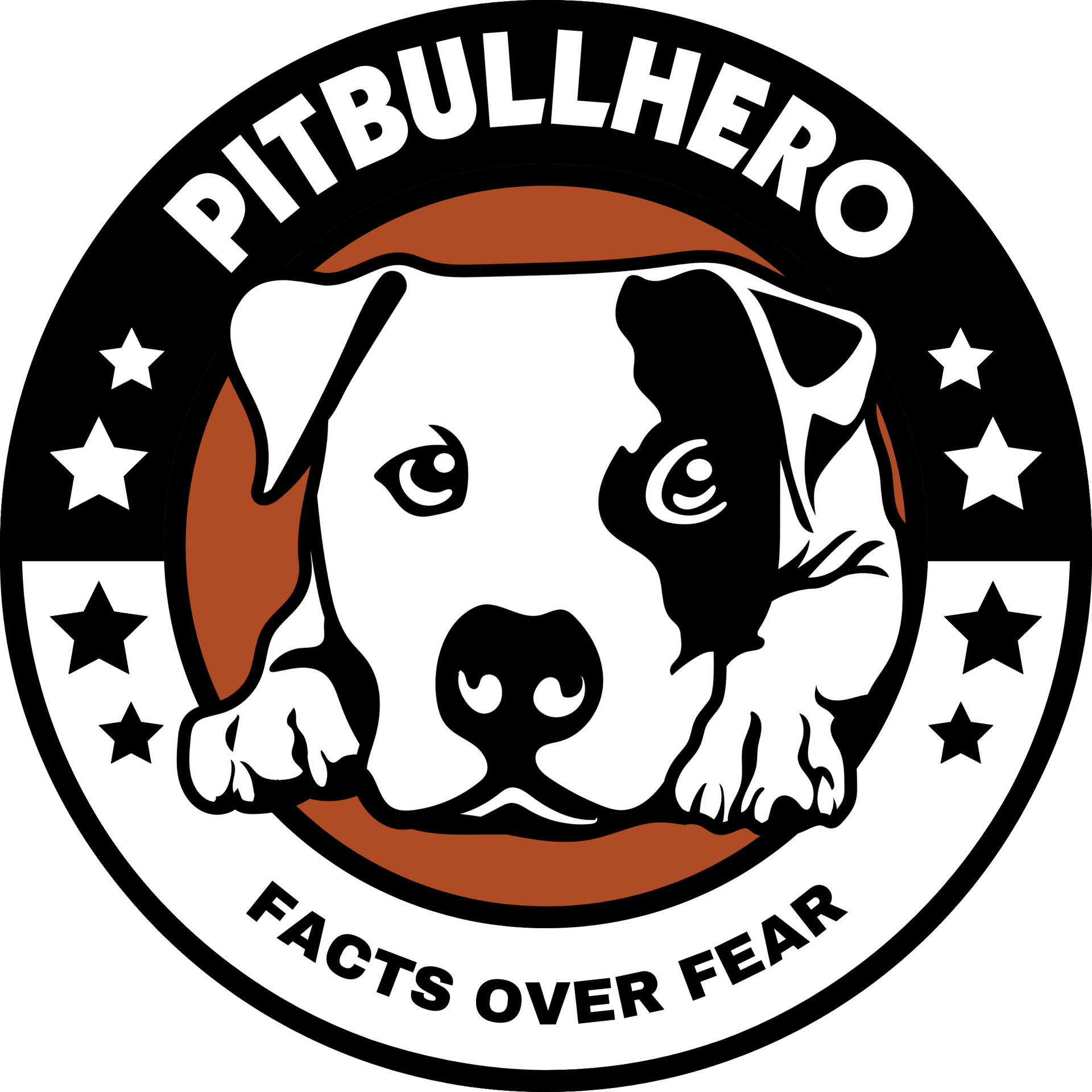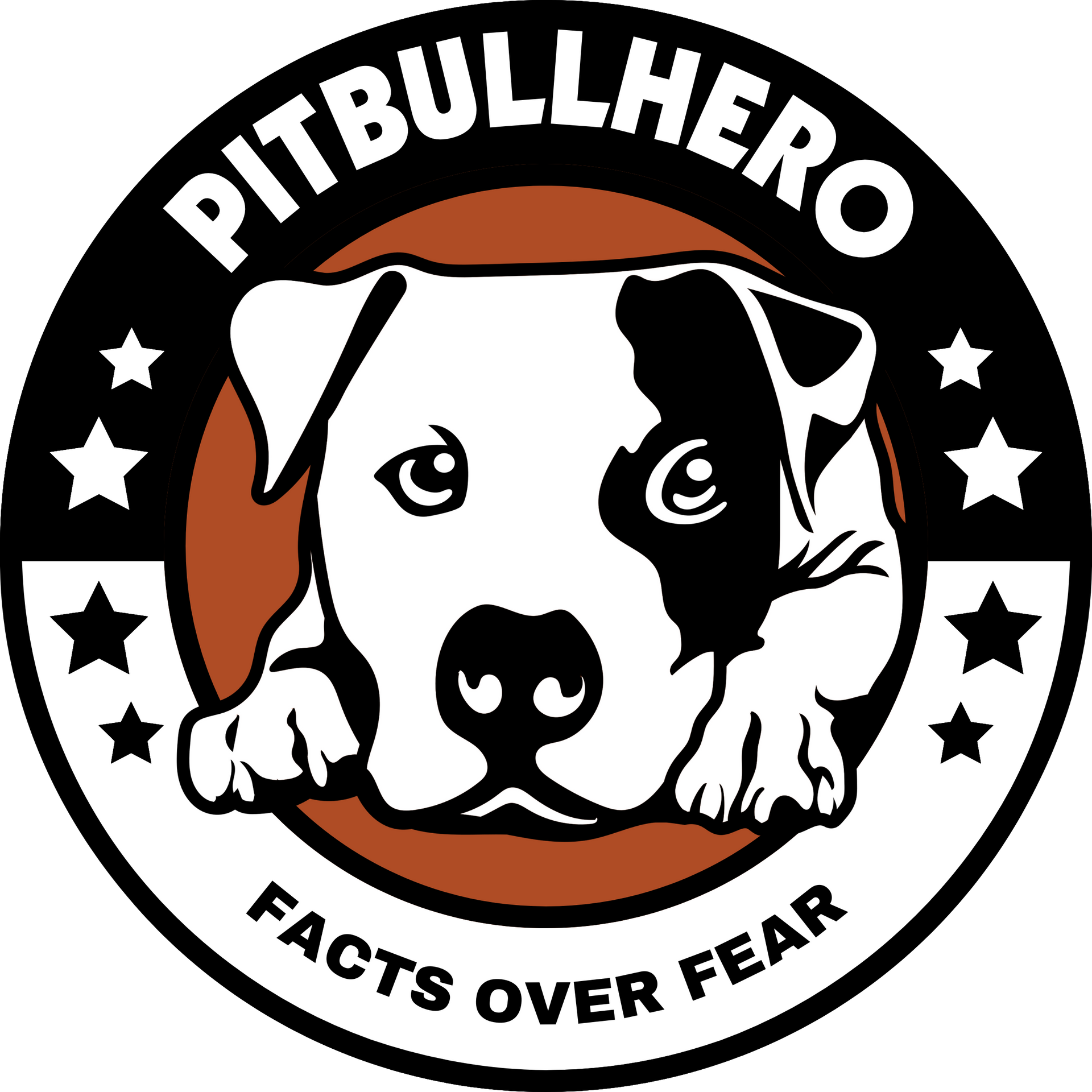Misconceptions About Pitbull Bites

Dogs labeled as "pitbulls" are often at the center of persistent and harmful misconceptions — especially when it comes to their bites. From claims that pitbulls have the strongest bite or possess "locking jaws," to assumptions that they are more likely to "snap" and attack without warning, these myths fuel public fear, influence ineffective laws, and reduce adoption chances for thousands of dogs.
But what do experts and science actually say?
The "Locking Jaw" Myth
Despite this popular misconception, there is no anatomical mechanism that allows any dog — pitbull or otherwise — to lock its jaws. All dogs can exhibit "bite and hold" behaviors, particularly during play with rope toys or stuffed animals. These behaviors are instinctive and rooted in all dogs' shared ancestry with wolves — not something unique to pitbulls.
We found that the American Pit Bull Terriers did not have any unique mechanism that would allow these dogs to lock their jaws.
Every year the media hype continues with a perpetual series of disinformation, myth, and distortions that bedevil the bull breeds. The American Pit Bull Terrier and all the related bull breeds are dogs. They are anatomically and physiologically no different from the Labrador Retriever or the Poodle.
Bite Strength in Perspective
A dog's bite strength is determined by its individual size and overall strength — not its breed. Even within the same breed, bite force can vary significantly between individuals. Studies confirm this, with none identifying breed as a meaningful factor in determining bite force.
Bite force tests
- Pitbull-type: 235 psi
- German Shepherd: 238 psi
- Rottweiler: 328 psi
- Kangal (strongest measured bite): 743 psi
- Average across breeds tested: 325 psi
Source: PetGuide.com
Studies on Bite Strength Have Found
- A dog's bite force is primarily influenced by its overall size and strength — not its breed.
- Additional contributing factors include chewing behavior, motivation, personality, and training.
- Breed is not identified as a significant factor in determining bite force.
Bite Severity ≠ Breed
One of the most important findings from veterinary science is that bite severity does not correlate with breed. Dogs often targeted by breed-specific legislation (BSL) do not inflict more severe injuries than other large or strong breeds.
Owners of pit bull-type dogs deal with a strong breed stigma, however controlled studies have not identified this breed group as disproportionately dangerous.
Studies analyzing Dog Bite-Related Injuries found
- No significant difference in the type of injuries or the medical treatment required across breeds.
- No evidence that so-called "dangerous breeds" cause more severe injuries than other dogs of similar size and strength.
- An analysis of emergency room records in Missouri found no difference in bite outcomes between municipalities with and without BSL.
Aggression & "Snapping" Behavior
Since 2016, more than 80 different breeds have been reported in fatal dog bite-related incidents — demonstrating that serious aggression and unpredictable behavior are not unique to any one breed.
It would be inappropriate to make assumptions about an individual animal's risk of aggression to people based on characteristics such as breed.
Studies on Breed-Specific Risk Have Found
- No significant difference in aggression between pitbull-type dogs and other breeds such as Golden Retrievers, German Shepherds, and Labrador Retrievers.
- Factors such as breed explained less than 10% of the variance in aggression among dogs, a dog's individual experiences play a much larger role.
- Aggression is shaped by a dog's environment, upbringing, and life experiences, and cannot be reliably linked to breed.
- Only 9% of a dog's behavioral traits are attributable to breed, confirming that breed has a minimal influence on behavior.
A Logical Conclusion
Can pitbulls cause injuries? Of course — but so can many other strong breeds and mixes. Research from multiple studies, along with insights from veterinary experts, has disproved the misconception that bites from pitbulls are inherently different or more severe than those from other breeds of similar size and strength. This comparison isn't between pitbulls and small breeds like Chihuahuas or Dachshunds — it's with other large, strong dogs such as Akitas, Bullmastiffs, Cane Corsos, Dobermans, Dogo Argentinos, German Shepherds, Huskies, Rottweilers, and many more — all of which can cause harm if poorly managed.
The logical conclusion, backed by a robust body of scientific evidence, is that the severity of a dog's bite is more closely related to its overall size, strength, and energy — not its breed. The claim that pitbulls are uniquely dangerous simply doesn't stand up to science.
Let's replace misconceptions with facts and fear with fairness.

